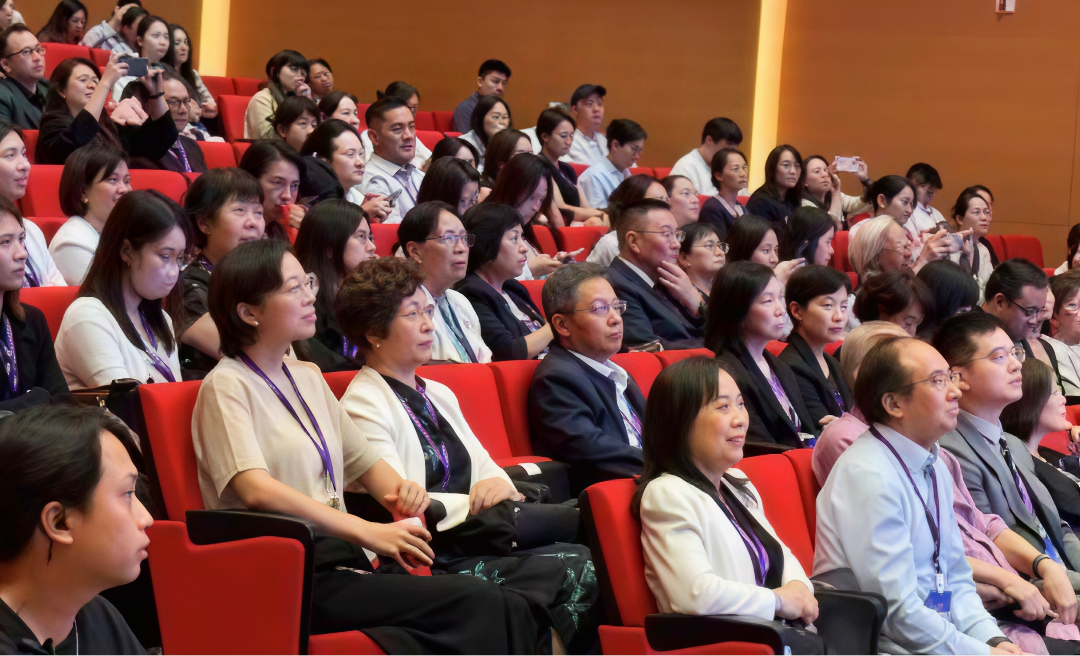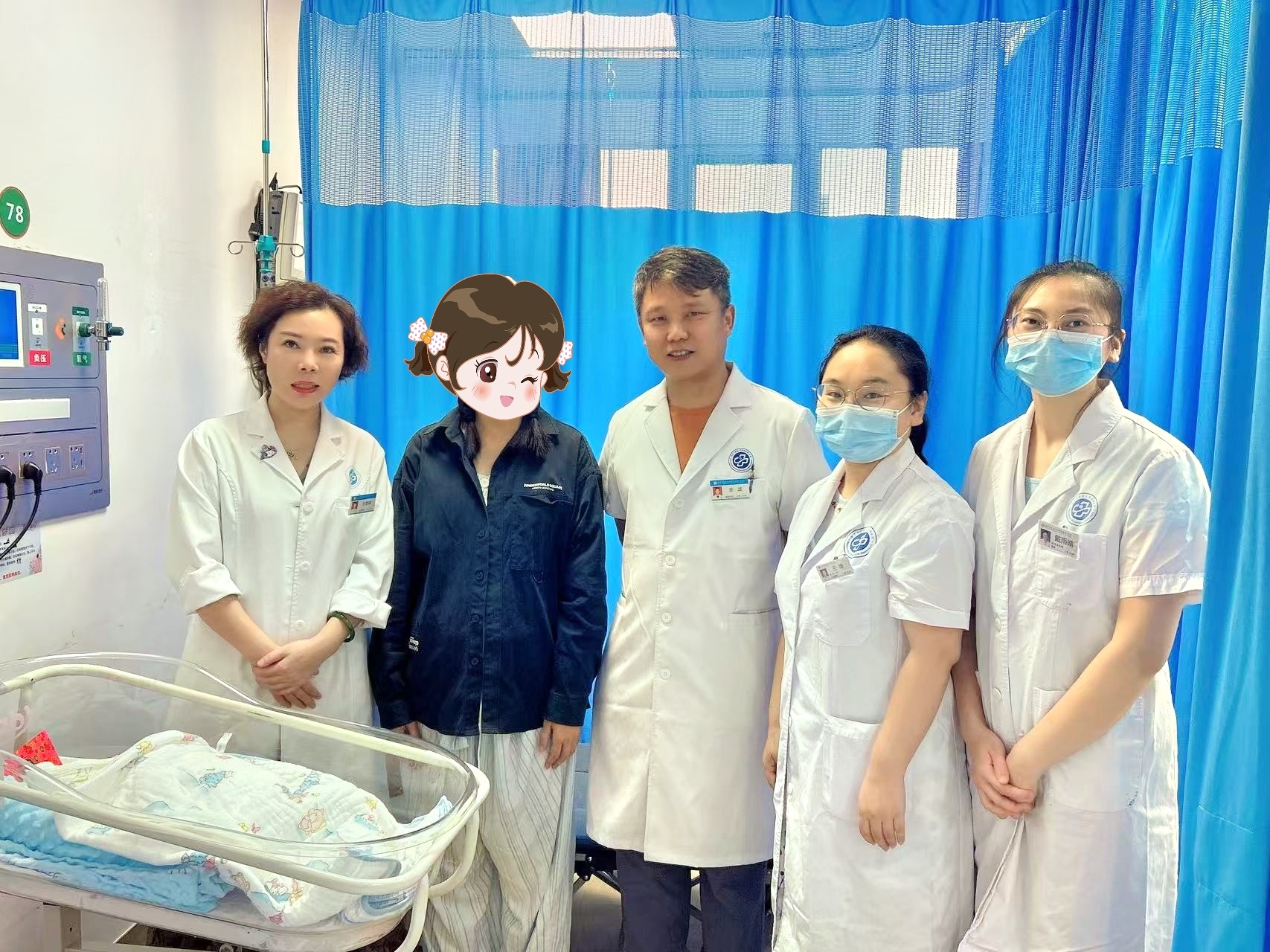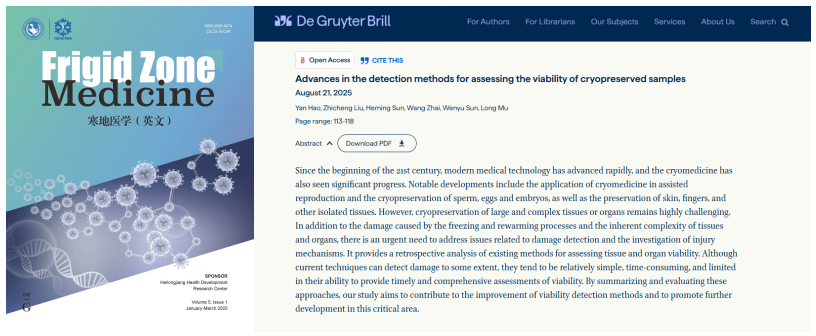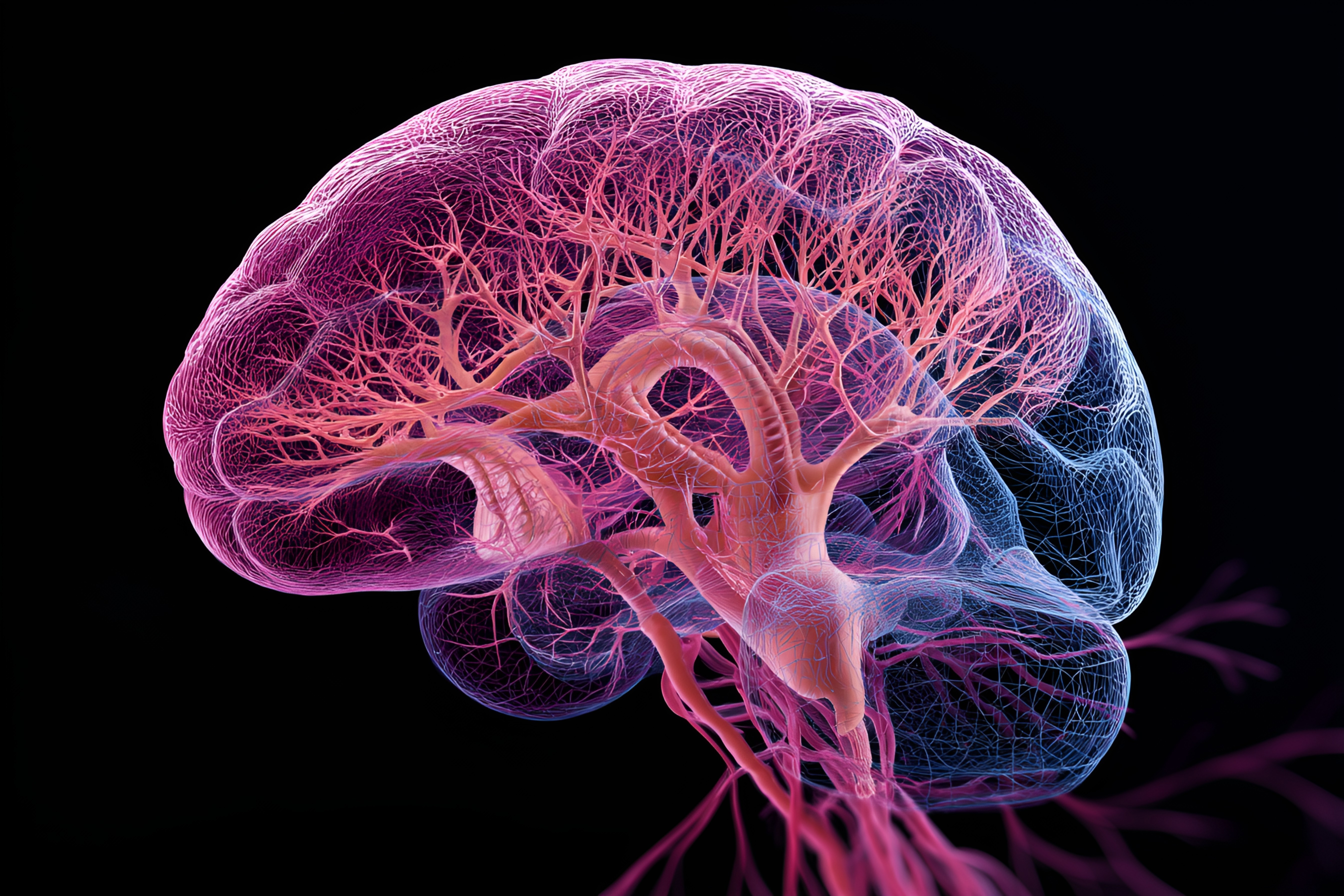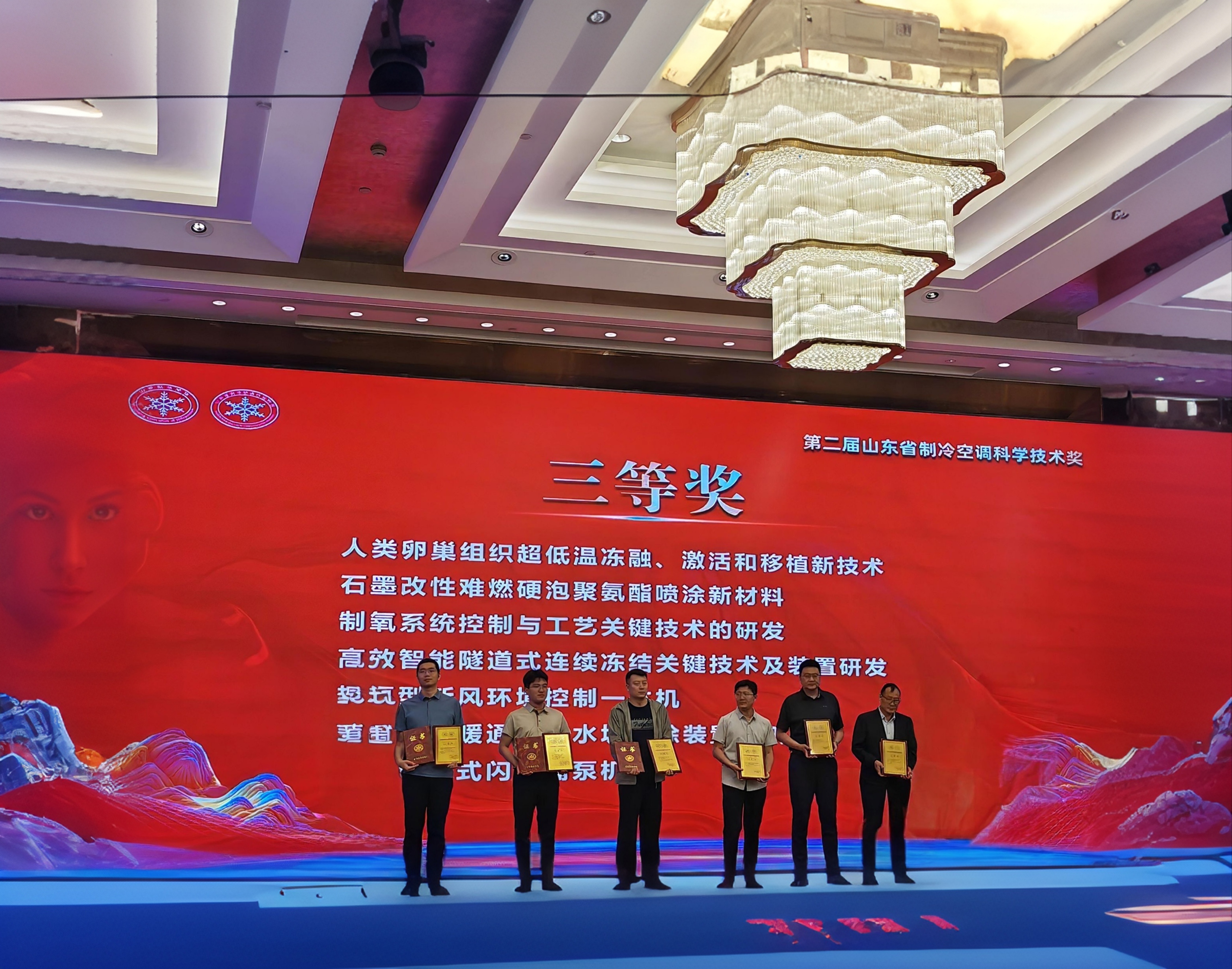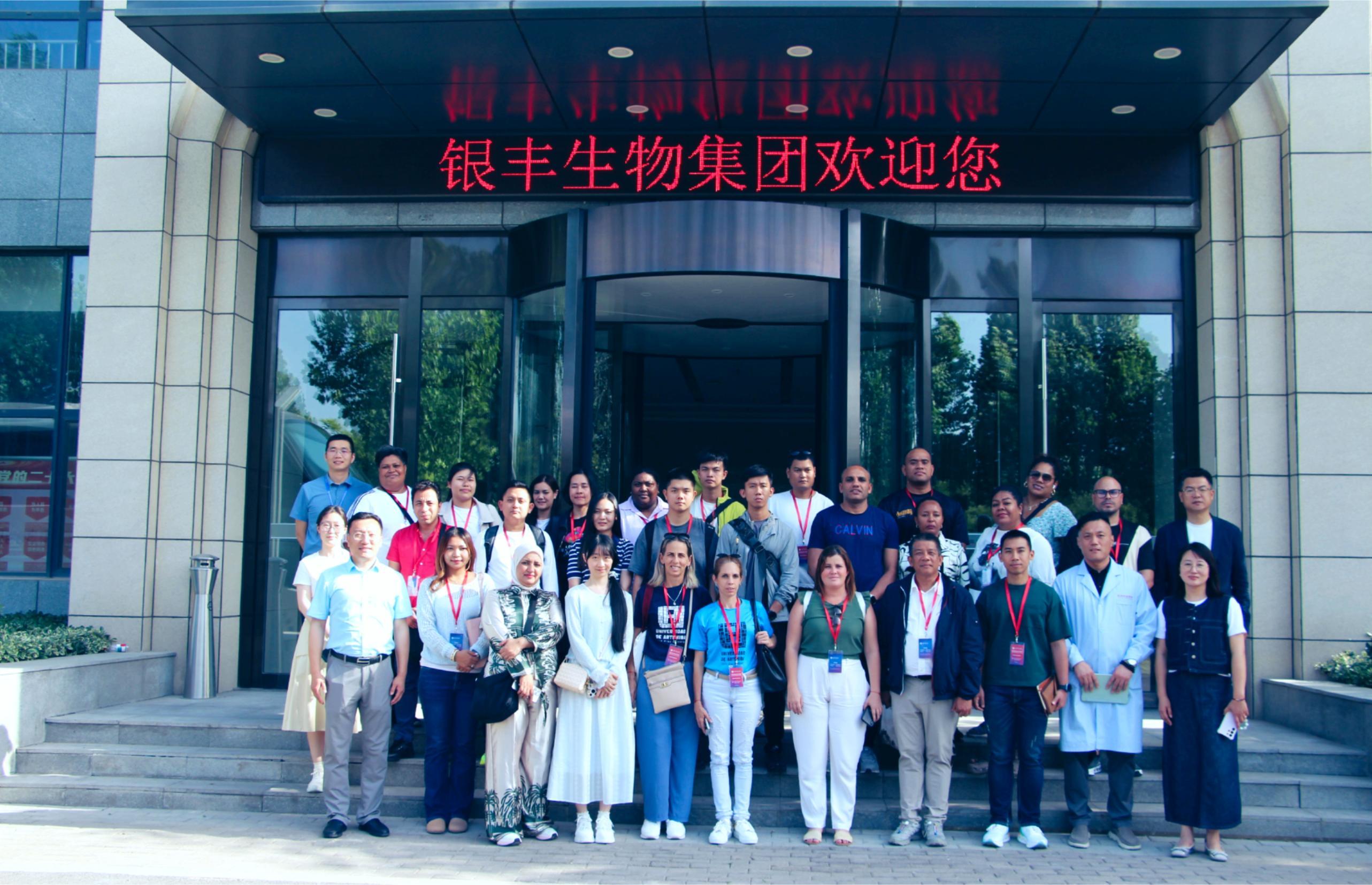New Soft Robots Can Independently Inspect and Melt Ice at Minus 50 Degrees Celsius
Release time:
2025-09-12
Recently, a team led by Zhang Weihong, a professor at the School of Mechanical and Electrical Engineering of Northwestern Polytechnical University and an academician of the Chinese Academy of Sciences, in collaboration with scholars from the City University of Hong Kong and the Hong Kong Polytechnic University, successfully developed a micro - multifunctional soft robot based on electroactive polymers. This soft robot can independently melt ice and conduct inspections in extremely cold environments, and it can flexibly move through and work collaboratively in maze - like narrow spaces. This achievement significantly enhances the operational capabilities of micro - robots in extreme and confined environments and was recently published in the international journal Advanced Science.
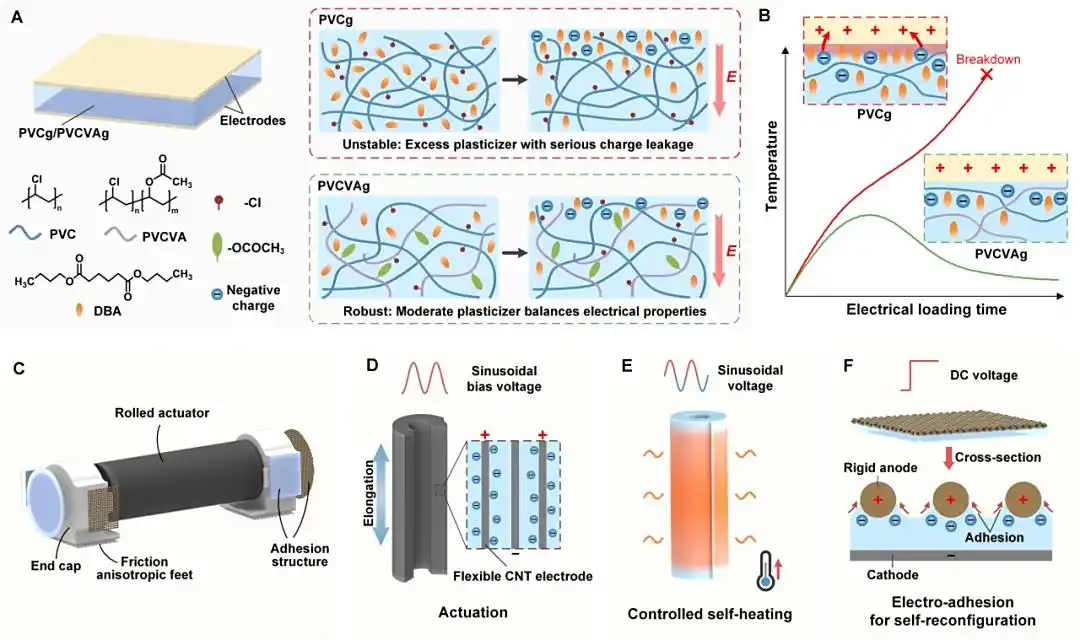
Traditional electroactive polymers have a single function and struggle to handle the challenges of complex environments. To address this, Zhang Weihong's team developed a new polyvinyl chloride - based material. By introducing vinyl acetate into the material, they effectively suppressed the heating and electrical breakdown problems caused by plasticizer migration, leading to a significant improvement in the material's performance.
Based on this material, the team created a compact and highly responsive micro - soft robot. Its key features are swarm intelligence and adaptability to extreme environments. Zhang Junshi, a professor at the School of Mechanical and Electrical Engineering of Northwestern Polytechnical University, introduced that these robots can not only crawl rapidly on flat surfaces but also quickly connect or separate within a millimeter - scale range using their unique electro - adsorption structure. This enables the group to autonomously reconfigure and work collaboratively in narrow spaces. The robot is equipped with a self - heating function and can still operate effectively in an extremely cold environment of minus 50 degrees Celsius. It can perform tasks such as self - heating, inspections, and ice melting, showing significant application potential in scenarios like aircraft engine blade inspection, slit detection, and operations in cold regions.
Zhang Junshi stated that this research offers new ideas for the development of small intelligent robot systems in extreme environments and broadens the application prospects of new materials in fields such as electronic devices and bionic systems.
Latest developments
Over the two days, the symposium was not only a collision of ideas but also seeds sown to advance social progress in life culture. The Shandong Yinfeng Life Science Public Welfare Foundation will continue to use technology as wings and culture as roots, collaborating with all sectors of society to enhance the quality of life for the Chinese people and build a human-centered life care system.
According to recent announcements by the Jinan Municipal Bureau of Science and Technology, 11 outstanding achievements from Jinan have been included in the 2025 "Shandong Outstanding Achievements Report" project. Among them is the globally first-of-its-kind ovarian tissue dual-activation technology developed by Shandong Silver Med Life Science Research Institute (Jinan).
Recently, Frigid Zone Medicine, an authoritative international journal in the field of cryomedicine, published an important review titled "Advances in the Detection Methods for Assessing the Viability of Cryopreserved Samples". Written by the team of Yinfeng Cryomedical Research Center, the article systematically reviews and analyzes various detection techniques currently used to evaluate the viability of cryopreserved cells, tissues, and organs. It also proposes key directions from the perspectives of methodological integration and future instrument development, offering crucial theoretical support and practical guidance for the long - term cryopreservation of complex tissues and organs.
Recently, the "Novel Technology for Ultra-Low Temperature Cryopreservation, Activation, and Transplantation of Human Ovarian Tissue," developed through a collaborative effort between Shandong Yinfeng Life Science Research Institute and Beijing University of Chinese Medicine Shenzhen Hospital, has been awarded the 2025 Shandong Refrigeration and Air Conditioning Science and Technology Award. This groundbreaking technology pioneers a new pathway for female fertility preservation, marking a significant leap in China’s interdisciplinary advancements in reproductive medicine and cryobiology.
On May 19, a delegation from the Chinese Training Workshop for Government Officials of Developing Countries visited the exhibition hall of Yinfeng Biological Group's Cryomedicine Research Center. Government officials from multiple countries gained in-depth insights into Yinfeng’s innovative achievements in cryobiomedicine, cell storage, genetic technology, and other fields. They engaged in discussions with the delegation on technology transfer and international cooperation, contributing to the building of a global community with a shared future for humanity.



